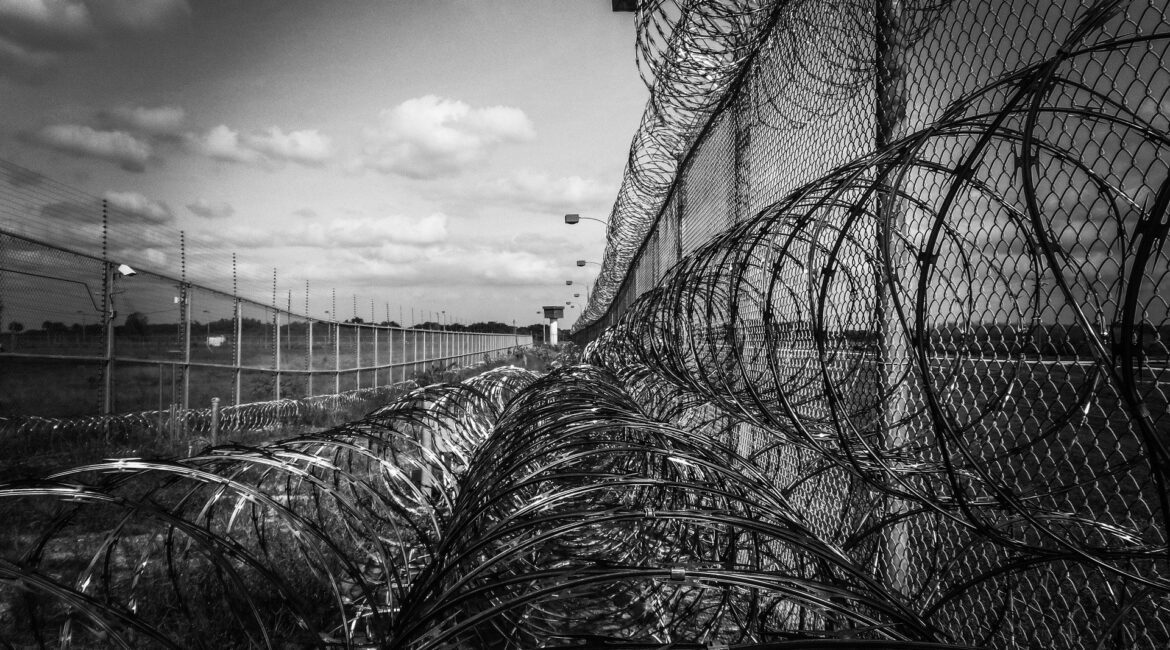Recently, Zabihullah Mujahid, the Taliban spokesman in Kabul, has declared that the Jihadist group Islamic State in Khorasan (IS-K) is "more or less under our control" and "it is not any longer a major threat". The statement came after Taliban government declaration about the arrest of 600 members and followers of the extremist organisation since August, this year. He also pointed out that the group is mostly composed from locals and its presence in Afghanistan is not a threat for other countries.
Created in the northern Afghan province of Khorasan in 2014, IS-K has lately claimed a string of bomb attacks in several towns of the country and became the most vehement rival of Taliban, since they took power in Kabul. Alike to Sunnite Taliban as religious confession, IS-K is far more rigorous and preaches a "global Jihad".
IS-K attacks happened while Taliban wish their government to be recognised and supported by international community, who expects from Kabul new leaders to eradicate terrorism in the country and stop it widening abroad.
Unlike Taliban, IS-K is openly targeting the Afghan Shiite minority, namely the Hazaras, who are considered as "heretic" and were attacked this autumn in the mosques of Kandahar and Kunduz.
Initially, IS-K swore faith to Abu Bakr Al Baghdadi, chief of the ephemeral ISIS caliphate in Iraq and Syria, and the group grew up in the late months in Afghanistan, even if it seemed being eliminated, end 2019.

